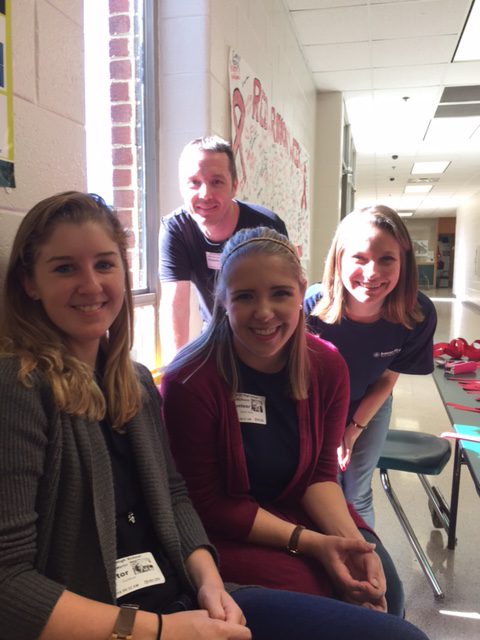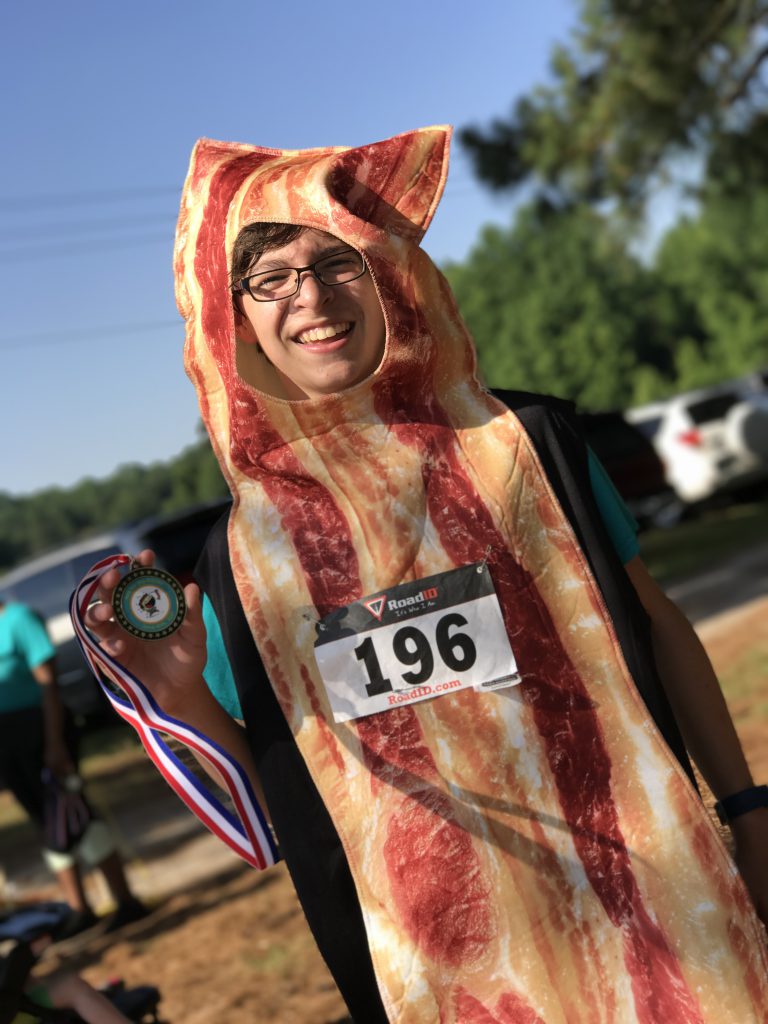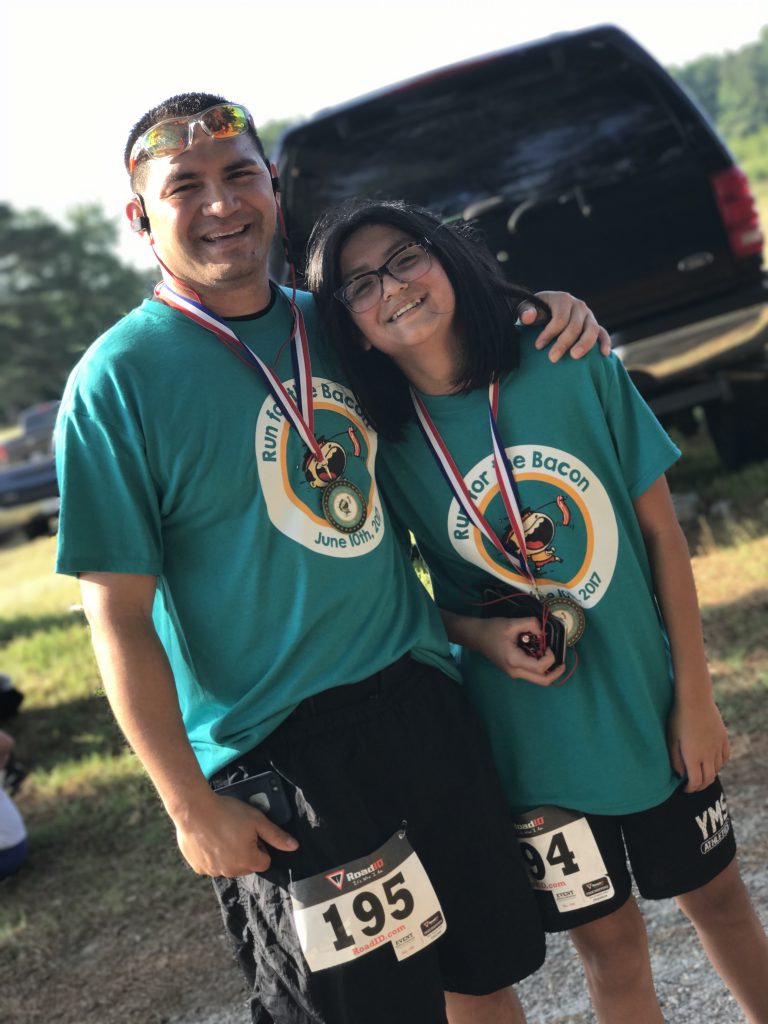
Bacon Street Fights Back Against Substance Abuse Through Education
Bacon Street is fighting against substance abuse by working directly with the individuals most affected by this scourge—young people—and their families. This nonprofit believes that educating youth at risk and their parents can help to inoculate them against drugs and alcohol. But the center also treats those who have fallen prey to substance abuse (and counsels their families, too).
Noting the opioid epidemic, Kars4Kids couldn’t say no when Bacon Street applied for a small grant. Educating children and their families about substance abuse can save lives. We spoke with Executive Director of Bacon Street Youth and Family Services Kim Dellinger to find out how this organization is doing just that:
Kars4Kids: When and by whom was Bacon Street founded? What was behind the founding of Bacon Street?
Kim Dellinger: Bacon Street was founded in 1971. Initially, it was called the Drug Action Center. The Drug Action Center as a resource for adolescents was made up of a group of concerned citizens. They wanted to provide psycho-education and other community resources for adolescents, their families, and the community at large. Some of our first grants were with the court systems to do programming and groups for kids through the local schools. Later in the 1970s, the Drug Action Center was renamed to Bacon Street to sound like a more welcoming and friendly environment.
Kars4Kids: Why substance abuse? Is substance abuse more prevalent than other types of abuse in the Williamsburg, Virginia community?
Kim Dellinger: Substance abuse is a national epidemic that not only has financial ramifications, but impacts the physical, emotional, and psychological well-being of families and communities. Substance abuse is higher in Williamsburg, VA, and has been increasing in recent years. Throughout all of the Hampton Roads communities, substance abuse has impacted individuals’ careers, relationships, and general well-being.
Kars4Kids: What is “motivational interviewing?”
Kim Dellinger: Motivational interviewing is a way of being in a counseling setting that emphasizes collaboration between counselor and client, helping the client to establish therapeutic goals, and using the counselor as a resource to point out discrepancies between stated goals and actions in whatever stage of change the client is in.
Kars4Kids: It looks as though Bacon Street makes a huge effort to ensure the entire family takes part in the recovery of the addict. Are some families resistant to getting involved in this manner? Are there statistics that prove family involvement aids recovery?
Kim Dellinger: Resistance is a usual and expected part of the process in engaging with therapy. Many times, we are able to join with the family, help them identify their needs, and build rapport with each of the members. There are decades of studies emphasizing the longer-lasting impact of family involvement in curbing substance abuse. From a systems-approach to counseling, helping the entire family has a higher likelihood of promoting long-lasting change than helping an individual in isolation.

Kars4Kids: Bacon Street refers substance abusers and their family members to organizations and agencies that may help them in their recovery. What sort of help might these resources offer that Bacon Street can’t provide?
Kim Dellinger: Psychiatric evaluation and medication management can be a key component of the recovery process in some individuals, which is a service we do not provide here. Twelve-step groups are a community endeavor available to clients to supplement their counseling. It has been shown that clients involved both in psychotherapy and twelve-step groups generally have better outcomes than those who do not participate in both.
Kars4Kids: How do youth come to enroll in the youth prevention activities at Bacon Street? Do you cooperate with schools or youth movements, or are the youth that come to you mostly family members of substance abusers already partaking of Bacon Street services?
Kim Dellinger: We cooperate with the local schools, other youth-serving agencies, and juvenile court systems. For example, we are working with Community Housing Partners as part of our neighborhood outreach program. We provide options for youth whose family members are already receiving services from Bacon Street and for those interested in only partaking in the prevention side of treatment.
Kars4Kids: What will a young person learn in your youth prevention program that might shock them to the core and prevent them from ever thinking about abusing drugs or alcohol?
Kim Dellinger: It is not our intent to shock or scare an individual, but rather provide them with information and resources, as well as a safe space to process their feelings. We are free of judgment, full of compassion, and empower clients to make healthier choices based on their own values and beliefs.

Kars4Kids: You offer parenting classes, in particular on the value of saying no to children. Can you give one example each of healthy and unhealthy ways to say no? How many parents have taken your classes thus far?
Kim Dellinger: We have had quite a few parents in the past years take our group curriculum, Say Yes to No. One salient example includes specifically explaining to your child or adolescent why you are not allowing them to do something or have a certain privilege. The group curriculum highlights the importance of an authoritative, balanced parenting style that emphasizes children and teens making their own choices and thus reaping their own consequences. Studies have shown that when parents take the time to explain their reasons for saying no, a more communicative and collaborative parent-child relationship can be formed.

Kars4Kids: What happens if an addict or an addict’s family can’t afford to pay for Bacon Street services? Will they still receive help?
Kim Dellinger: We do not turn away clients and their families who lack adequate financial resources. We offer write-offs for those below a certain income threshold, where no payment is required. Additionally, we have a plethora of competent and excited interns who can provide clinical services. The fee for seeing an intern is much lower than that of a licensed clinician and is an excellent option for those who cannot afford the full payment.
Kars4Kids: Do you have repeat “customers?” Do some of the people you help relapse and then turn to you to get back on the wagon?
Kim Dellinger: Because relapse is such a common and expected aspect of true recovery, we definitely welcome all clients back as long as they meet the age requirement between 11 and 26 years old. Often, we find that clients who come back present both recurring and new concerns pertaining to their mental health status and substance use. We also strive to keep up with current and past clients if they have allowed us to contact them. In doing this, we build our reputation as a helpful and compassionate community mental health agency that puts its clients first. We realize that change is a lifelong process with many obstacles to overcome and strive to meet the individual needs of our clients and families.